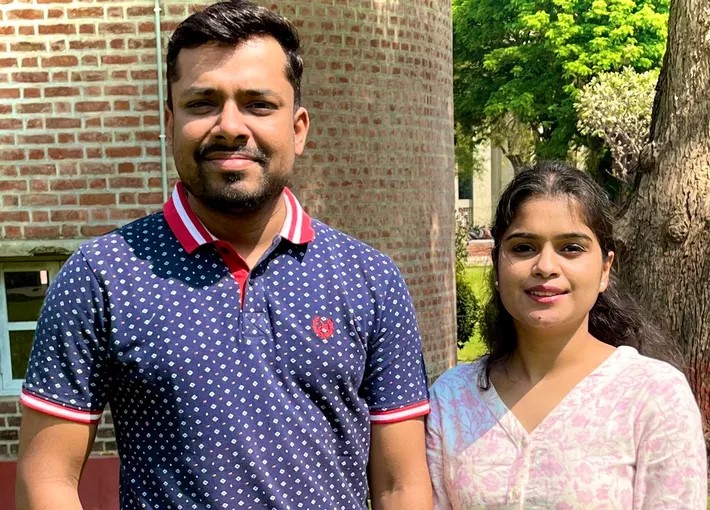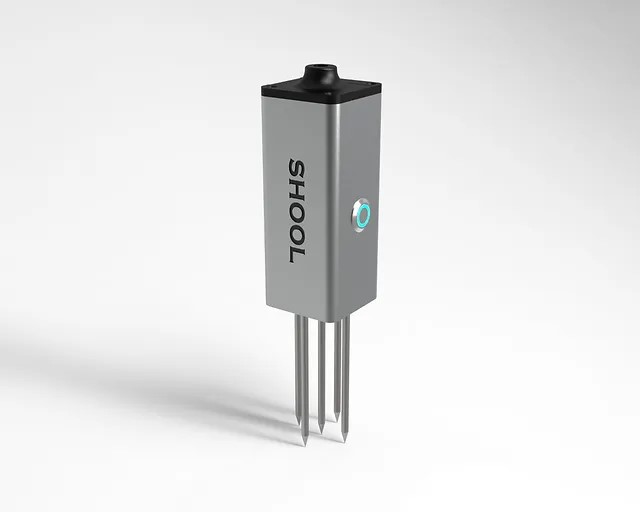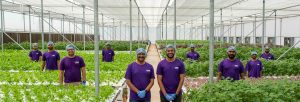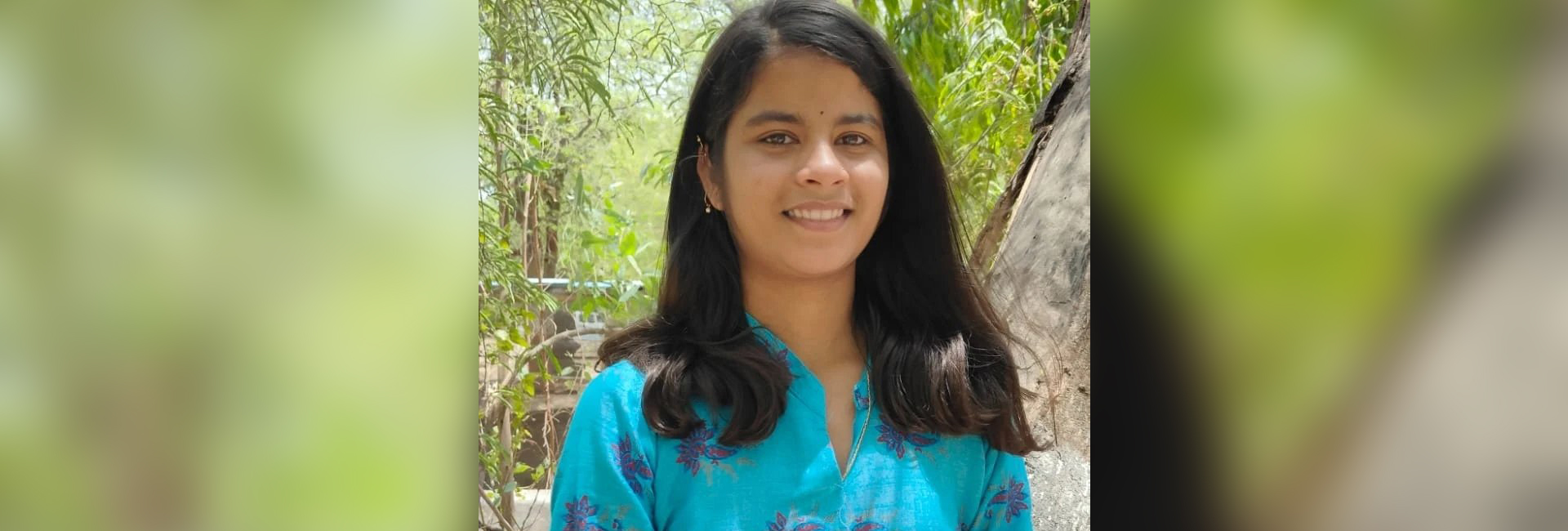(May 9, 2024) In 2017, two engineering students, Nikita Tiwari and Harsh Agrawal, united for a college project. Together, they were gearing up for a big leap in Indian agri deep tech and smart-farming as they worked together to design Shool. Simply put, it’s a smart sensor designed to the way farmers work, with its capacity to analyse soil health almost instantly. In 2019, they co-founded NEERX, a smart-farming app that helps farmers understand soil quality for targetted use of water, pesticides and fertilisers, using real-time data to deliver information within a matter of seconds. Now, with just their smartphones, farmers in remote, rural hinterlands can access data-driven insights into pest infestation, water and fertilizer retention and overall productivity. It’s a crucial development, not just because it represents a deeper integration of technology and agriculture – it also sidesteps the traditionally time-consuming process that involves sending samples out to a lab, leads to a more sustainable approach to soil use, and can scale up profit and crop-yield per acre through a method that tech-driven and affordable to use. This year, the co-founders also made it to the Forbes 30 Under 30 India list.
How it began
Now 26 years old, Nikita Tiwari was a BTech student in Electronics and Communications from NIT-Raipur when the idea for Shool first struck her. Harsh was an engineering student too, and was at NIRMA University, Ahmedabad. Their paths crossed during a summer school programme in IIM Ahmedabad in 2017. “We learned that information about soil health is not available to farmers, due to which many face crop failure. That is when NEERX was incorporated and we began research on a low-cost, handheld device which will help measure soil health parameters,” Tiwari said. They presented the idea to ISRO scientists, who helped the duo understand what sensors they needed to measure these soil health parameters. Ensuring accuracy also meant an immense amount of on-ground work. Agrawal and Tiwari carried out intensive field campaigns across 15,000 data points and according to its creators, Shool has a proven accuracy of “more than 97%.”

Nikita Tiwari and Harsh Agrawal, co-founders, NEERX, are at the forefront of India’s smart-farming revolution
The development of Shool led to the young Global Indians founding NEERX in 2019. The company doesn’t just make the high-tech sensor, it partners with organisations across the country to spread awareness among farmers and improve Shool’s reach. And soil health is a concern that has only grown more pressing with time. In July 2023, the National Academy of Agricultural Sciences in Delhi said that India’s soil loss is around 15.35 tonnes per ha annually. This results in a loss of some 9 million tonnes of nutrients and crop productivity. Rain-fed crops also suffer an annual production loss of 13.4 million tonnes due to water erosion, as waterlogging causes salinisation and soil damage. In India, everything is a gamble, from the usage of fertiliser and pesticide, to water. Waiting two-three weeks for analysed samples to return from the lab is simply not feasible, making smart-farming solutions critical to sustainable agriculture in India.
How Shool works
One Shool device can analyse up to 2.5 acres. And in case you were wondering how farmers in remote rural areas have enough connectivity for their smartphones – Shool can be used without any internet, Tiwari explains. The sensors are planted in fields determined by crop type, land topology and reason. The data is sent to the smartphone app within seconds. “It’s not necessary that farmers have smartphones. A basic phone works fine as the data can be delivered over text messages as well,” Agrawal explained. “With the sensor, farmers can know how much to irrigate and this helps in improving the quantity and quality of produce.” SHOOL can be paired with a Bluetooth device, like a smartphone. It needs to be inserted completely into the soil, after which the mobile app can connect with the device.
Meeting a critical need
“Low power consumption and proven accuracy of the device makes it ideal for monitoring and automation,” Tiwari explains. With validation coming in from ISRO and the Indian Agriculture Research Institute, there was no looking back for NEERX and its young co-founders. The startup is being incubated at the Entrepreneurship Development Institute of India and won the NASSCOM Design4India 2019 award under the Digital Ergonomic Product category. NEERX has also branched out into building Shool Stations, solar powered stations that collect daily and hourly soil data along with weather data including air temperature, humidity, wind direction and speed.
“Through these stations, farmers will get an analysed advisory and insights on waterlogging, deficiency, appropriate fertiliser quantity among others through the mobile app,” Tiwari explains. “Our target is to install Shool Stations in each district of Gujarat and we are working with farmers for the same.”
Far-reaching impact
Shool is currently in use in over ten states in India and five countries around the world. It has helped save 10,00,000 litres of water per acre each year and has helped result in a 25 percent reduction in CO2-eq. It has also enabled an additional profit of Rs 50,000 per acre per year. Affordability is a key aspect and the sensor is priced at Rs 15,000 to Rs 50,000 for business-to-government and business-to-business customers. However, Agrawal adds, “sensors are also available on a subscription basis for farmers, wherein they can rent it for their harvesting season. That would cost them Rs 1,000 to Rs 2,000 a month.”
Follow Nikita Tiwari and Harsh Agrawal on LinkedIn and visit the NEERX website for more information on their smart-farming innovations.





